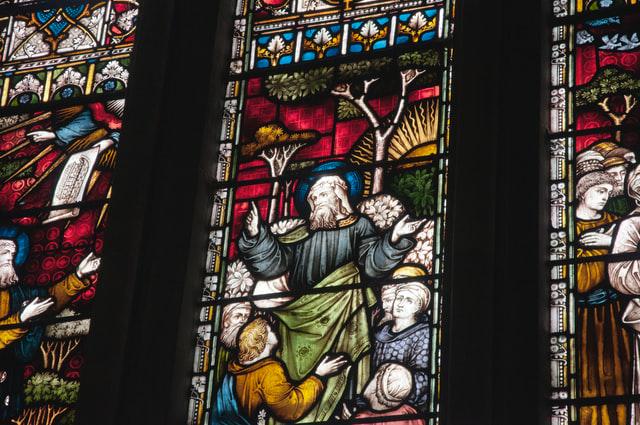The COVID-19 pandemic has had a profound impact on the world. Churches have also faced many challenges, such as believers not being able to meet in person, and their gatherings and communication being greatly reduced, pastors finding it hard to do Bible study and pastoral work, and churches facing greater financial pressure.
The issues mentioned above have had a great impact on churches’ development and pastoral care work in the post-pandemic era. At the same time, some churches have also made the appropriate changes to adapt to the new situation. The most obvious changes are that churches have begun to do pastoral ministry in small groups, in families, and online.
Recently, Pastor J from South China shared some thoughts on church pastoral care in the post-pandemic era based on his experience in service.
The pastor started that in the post-pandemic era, if the church wanted to be revived, it must learn from the early church. “We believe in Jesus and are saved, and we cannot stop here but live out the life of the Lord.”
"The early church grew under persecution and spread throughout the entire Mediterranean region at that time, laying the foundation of the entire European civilization and even the entire modern civilization." He said, "If the church wants to revive, she must have the same heart as the early church — willing to sacrifice for faith. If believers just believe in Jesus and wait for going to heaven, having no care to this world, it is impossible to renew the world by faith.”
Pastor J said that the focus of the early church was on witnessing for the kingdom of God, so even though they had great hardships, they were filled with the Holy Spirit and were bold to witness. "If the church in our time does not have such courage, no matter how systematic and advanced our theology is, the church won't have much impact," he admitted.
The pastor continued, "The apostles of the early church...with courage, joy in adversity, and love for others lived out the likeness of the kingdom of God.... which brought about the growth of the church, and the whole society had to recognize the Christian faith," he stated. He urged our churches to reflect on this point. "If the church does not focus on living out the light of the kingdom of God, it will be very difficult to persuade the world with our values."
He highlighted the focus of the early church was the gospel and the kingdom of God, not the world, but now some Christians accepted the gospel while still enjoying the secular world. "Many things show that the church does not live the way of Christ. To influence the world, we must live out the life of Christ and are willing to pay the price for our faith."
Pastor J stated, “If we want to go back to the early church of the apostles, we need to preach the pure gospel which is very simple — we must follow Jesus and live a life centered on the cross. Of course, our churches have many problems now, but the core problem is that we have distorted the gospel and formed various systems."
"The pure gospel includes more than just the death of Christ," he explained. "It is an important part of the gospel, but the gospel also includes the resurrection, reign, and return of Jesus Christ. Our faith is to take refuge in the risen Christ, suffer for him according to his will, and be glorified with him.”
Pastor J talked about his understanding of this point from two aspects. First, the resurrected Christ is the Christ who died for you on the cross, which means that when you believe in the Lord, you do not trust the Christ who was hung on the cross only, but also the King of Heaven who has resurrected. “Your love for Christ should be expressed in the assurance of Christ's return and commitment to God's kingdom.”
Second, Christians should run straight toward the goal with the correct focus of the last days and strive to serve God’s kingdom. “If Christians lose the focus of God’s kingdom, they may lose the spirit of vigilance and struggle, making the church compromise with the world, and have superficial faith in God’s kingdom.”
Pastor J claimed that to have a correct view of the end times meant to live a vigilant life. “To live a vigilant life is to commit to the church and live a holy life, to live a life committed to the cross, to spread the gospel to the end of the earth, and to look forward to the return of Christ,” he concluded.
- Translated by Katherine Guo











